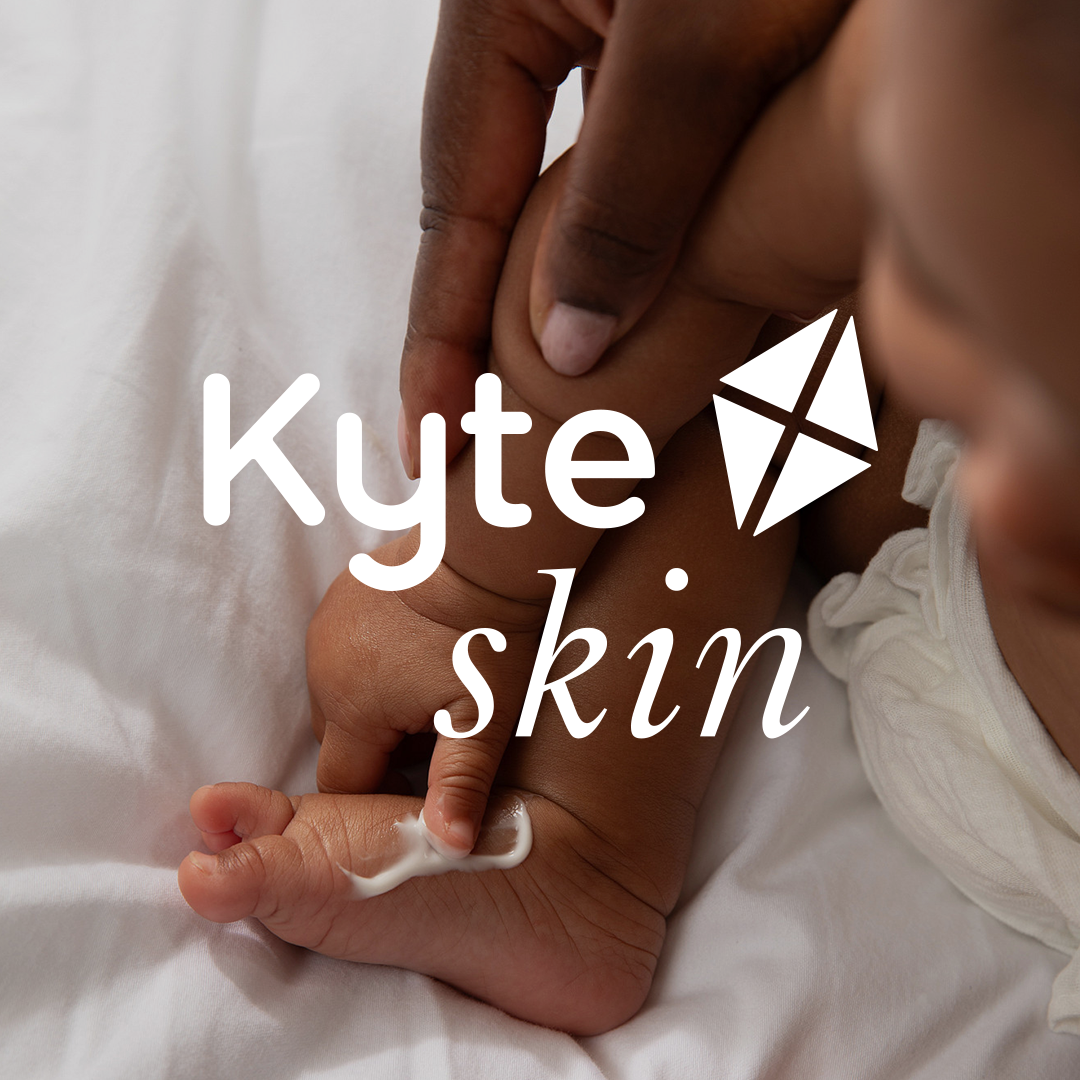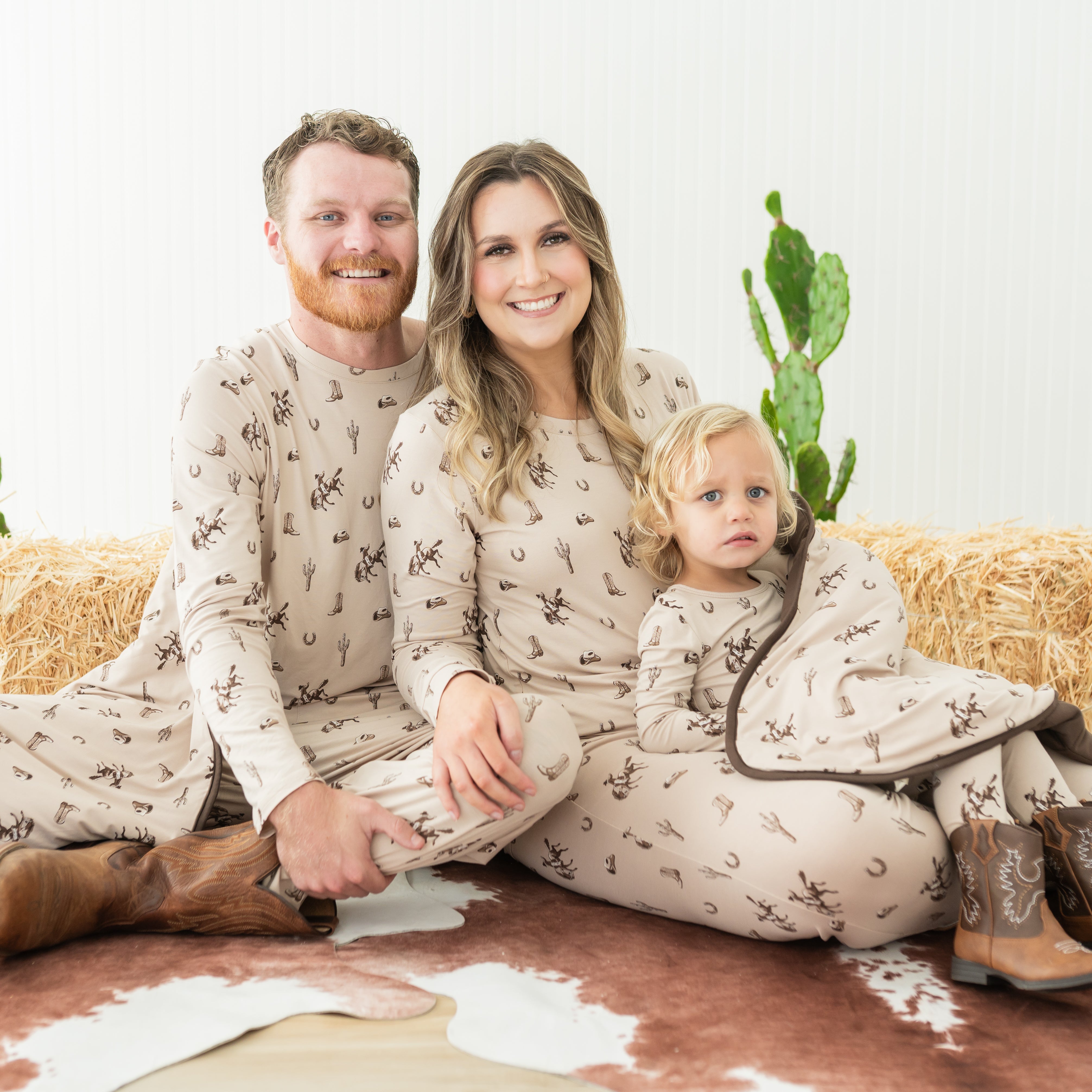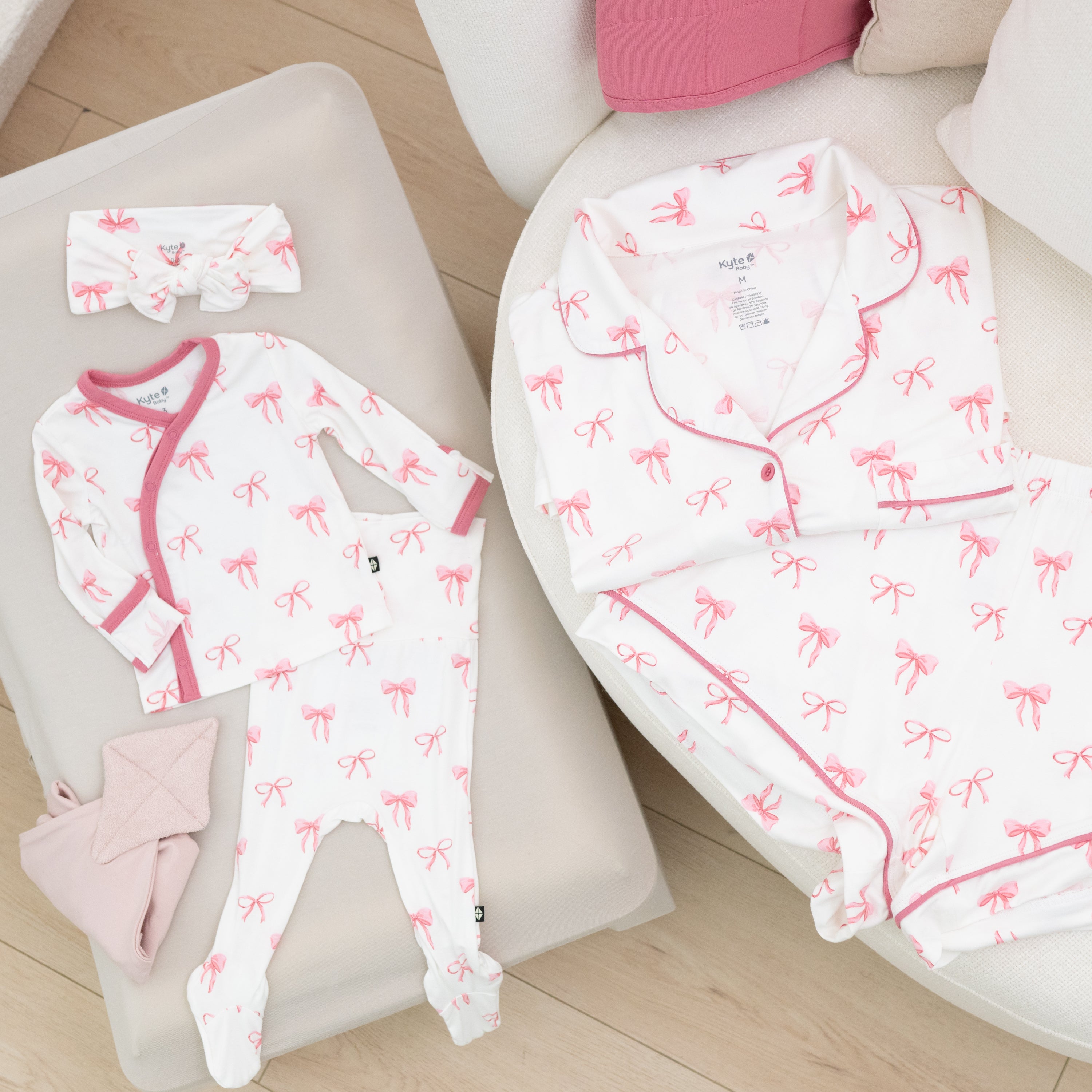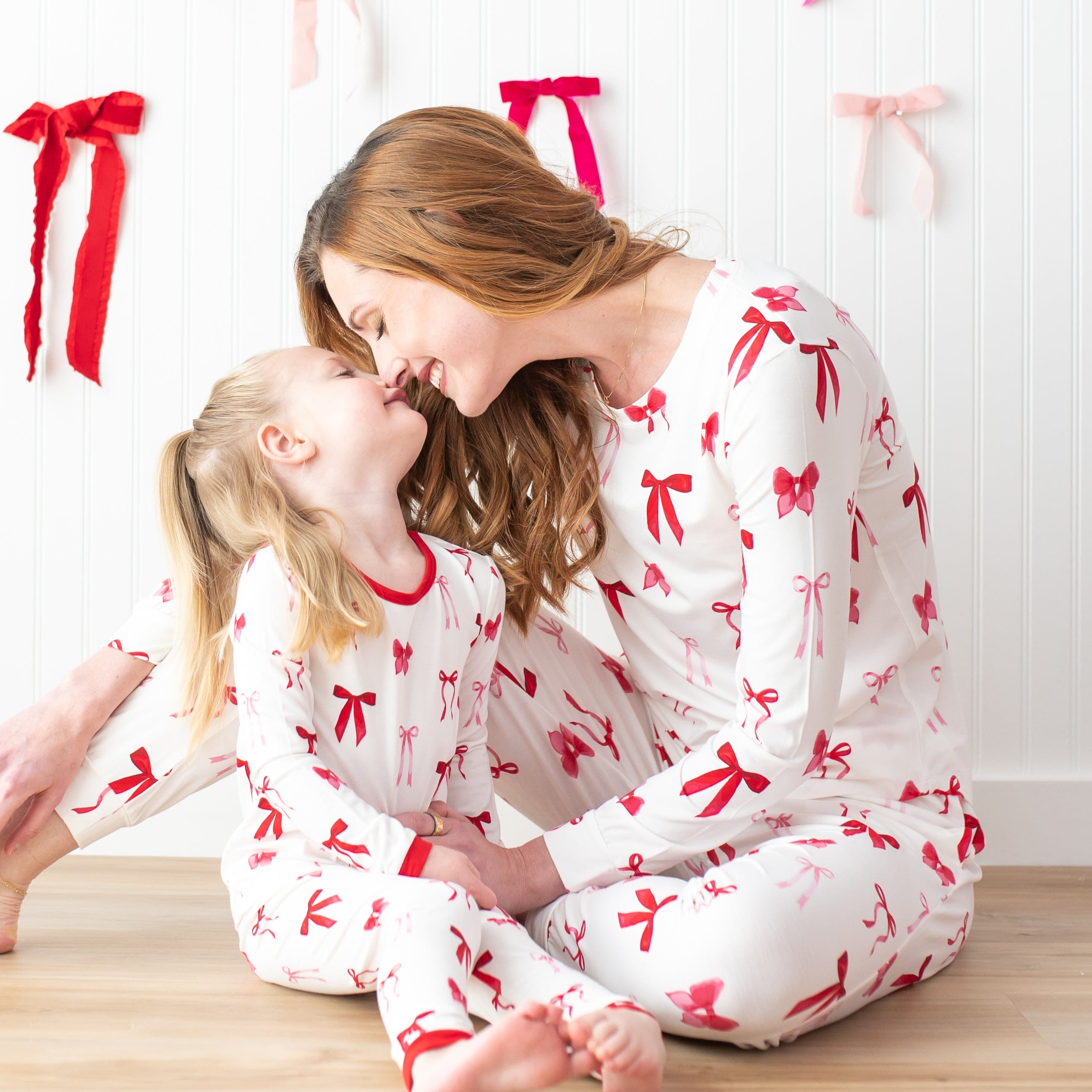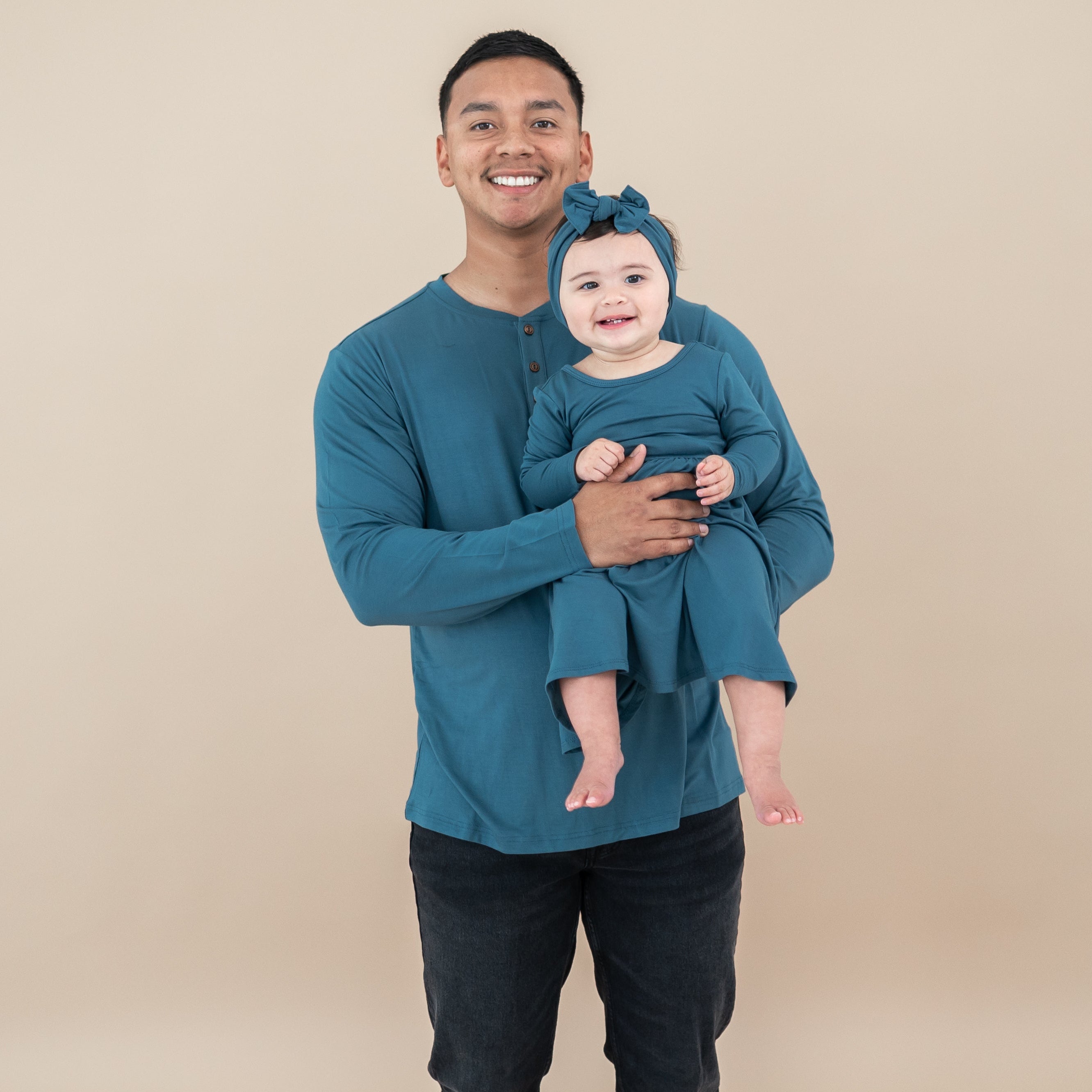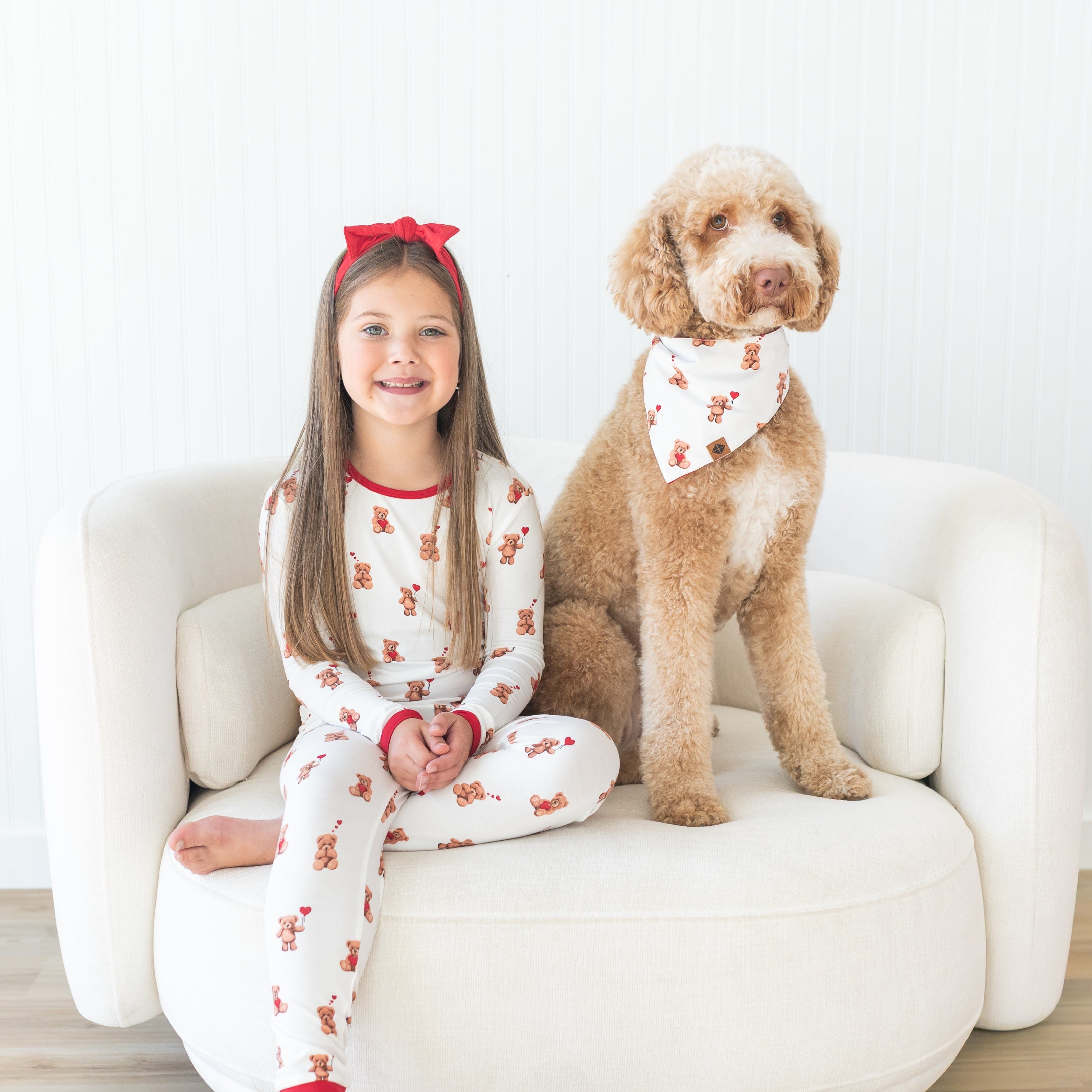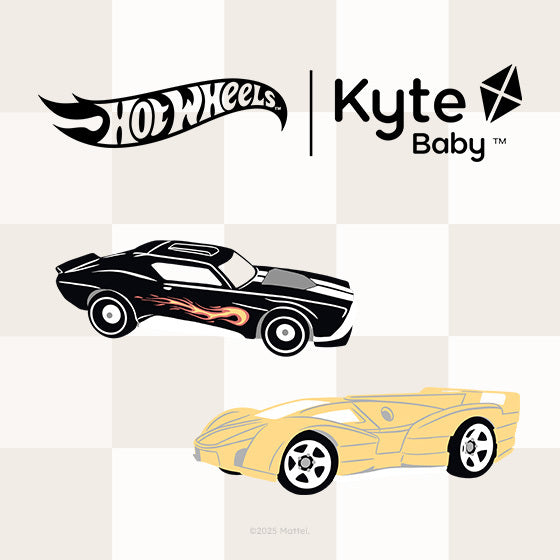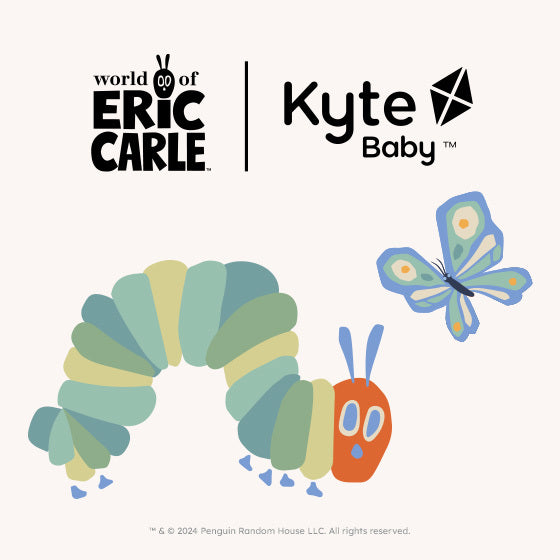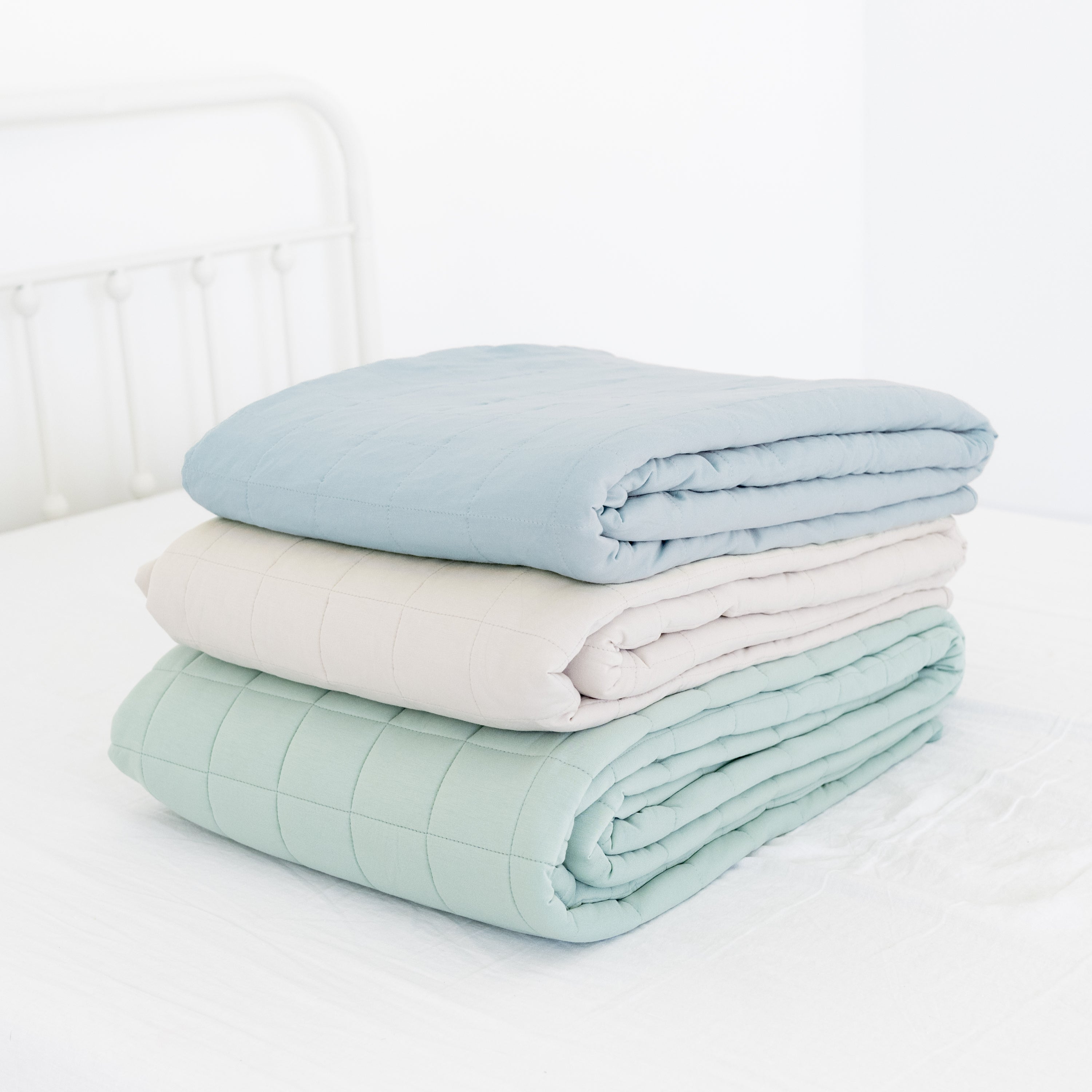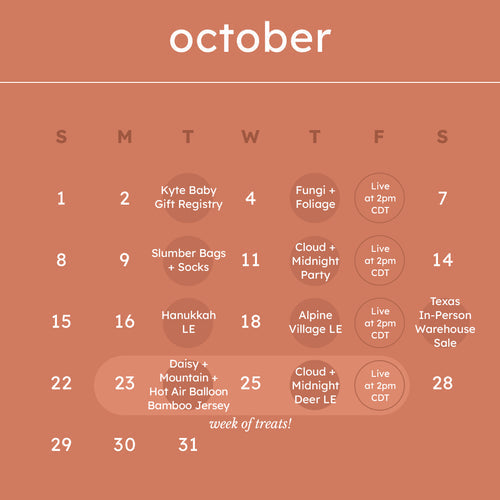One of the most daunting stages of early parenthood is potty training. No one enjoys changing diapers, especially when that diaper is on a wriggling toddler who’s fighting tooth and nail to stop you. But, while having a potty-trained kiddo seems like a dream compared to poopy diapers, the training part can sometimes feel like an impossible task. If you’re approaching this big milestone, there are a million methods you can follow that parents swear by, but the reality is that every child is different and on their own timeline. To make the transition from diapers to underwear as smooth as possible, here’s everything you need to know about what to look for and how to prepare your little one for this huge step.
TIP 1: LOOK FOR SIGNS OF READINESS
In the United States, the average age to start potty training is between 2 to 3 years of age. By 4 years of age, most kids are fully toilet trained. However, this is just an average, so it’s important to follow your own child’s cues and signs of readiness before starting to potty train. Here’s what to look for:
- They’re staying drier for longer: If you find yourself changing fewer wet diapers and your toddler is able to stay dry for at least two hours during the day, this is a physical sign of readiness.
- They’re on a poop schedule: If your little one’s poops tend to be predictable, such as in the morning after breakfast, or right before nap time, you’re more likely to find potty training success. Since you can anticipate when they’ll need to poop, you can get them on the potty and wait for nature to call!
- They’re interested in the potty: If your child flat out refuses to have anything to do with the potty, it’s better to wait until they show some interest. This can look like paying attention to books about potty training, wanting to sit on the toilet, or showing interest in wearing underwear. Forcing them to use the potty when they don’t want to can do more harm than good in the end.
- They don’t like being in a dirty diaper: At some point in your child’s life, a wet or dirty diaper will become very unpleasant to them. If they’re pulling at their dirty diaper or removing it altogether, it’s a good sign that they’re ready to use the potty and ditch the diapers for good!
- They announce when they’re going pee or poop: If your little one lets you know when they’re dirtying their diaper, it shows that they’re in tune with their body, which is a huge sign of being ready to potty train!
TIP 2: GET READY WITH NEW UNDERWEAR
To get your little one excited about ditching the diapers, buy big kid underwear and make it into a big deal! Even if your toddler doesn’t have sensory issues, they might be averse to the transition if their underwear is too scratchy, too restrictive, or generally uncomfortable. Pick underwear that’s made from super soft fabric, like bamboo. Our toddler undies and briefs are sensory-friendly, silky smooth, and perfectly stretchy for a super comfortable fit that your little one will love!
TIP 3: CHOOSE A POTTY SEAT TOGETHER
There are so many different potty seats to choose from, and you can enlist your toddler’s help in choosing one. Letting them pick one out themselves can give them a sense of importance and pride that will only motivate them more to use it. They can pick out a seat in their favorite color, or choose a portable potty, as well as a seat ladder that fits on the regular bathroom toilet. Not only will this help them get excited about using the potty, they might be more willing to go on an actual toilet they can flush.
TIP 4: HAVE DIAPER-FREE TIME
Your toddler knows that it’s okay to pee and poop in their diaper, so potty training won’t be effective until that diaper comes off. Schedule diaper-free time every day, either totally commando or in their new underwear, so they get a chance to feel what it’s like to go sans diaper. Yes, accidents are inevitable, but you can seize the opportunity to help them become more attuned to their body. Keeping a potty nearby at all times is also helpful for getting them on it as quickly as possible so that they can at least finish on the potty.
TIP 5: IMPLEMENT A POTTY SCHEDULE
When you begin potty training, aim to get your toddler on the toilet every 20 to 30 minutes. It might seem overly frequent and they won’t need to go every time, but giving them the opportunity to go on the potty sets them up for success and helps you figure out their schedule. You might notice patterns, such as your toddler needing to pee 30 minutes after snack time or needing to poop right before their nap. After a little while, you can stretch out the potty breaks, and your child may even begin letting you know they need to use the bathroom before actually going!
TIP 6: SHOWER THEM WITH PRAISE
Using a sticker or rewards chart can be highly motivational for a toddler, but don’t forget to also shower them with praise. In the end, nothing makes a child happier than having a parent cheering them on. Encouragement and praise go a long way in helping your little one feel good about using the potty and keeping the experience as positive as possible is important in preventing them from feeling discouraged. Like everything else in life, potty training has its ups and downs, but you can always use positive words to let your toddler know that you’re proud of them no matter what.
TIP 7: SET REASONABLE EXPECTATIONS
Even if potty training goes super smoothly, there are bound to be occasional accidents, especially during nap time or bedtime. Since there are no set rules when it comes to potty training your little one, you can do whatever works best for your family. If overnight accidents cause more stress for both you and your toddler, you may want to consider having them sleep in a diaper during the night. Even though setbacks can be discouraging for both of you, just remember—your little one won’t be in diapers forever.

